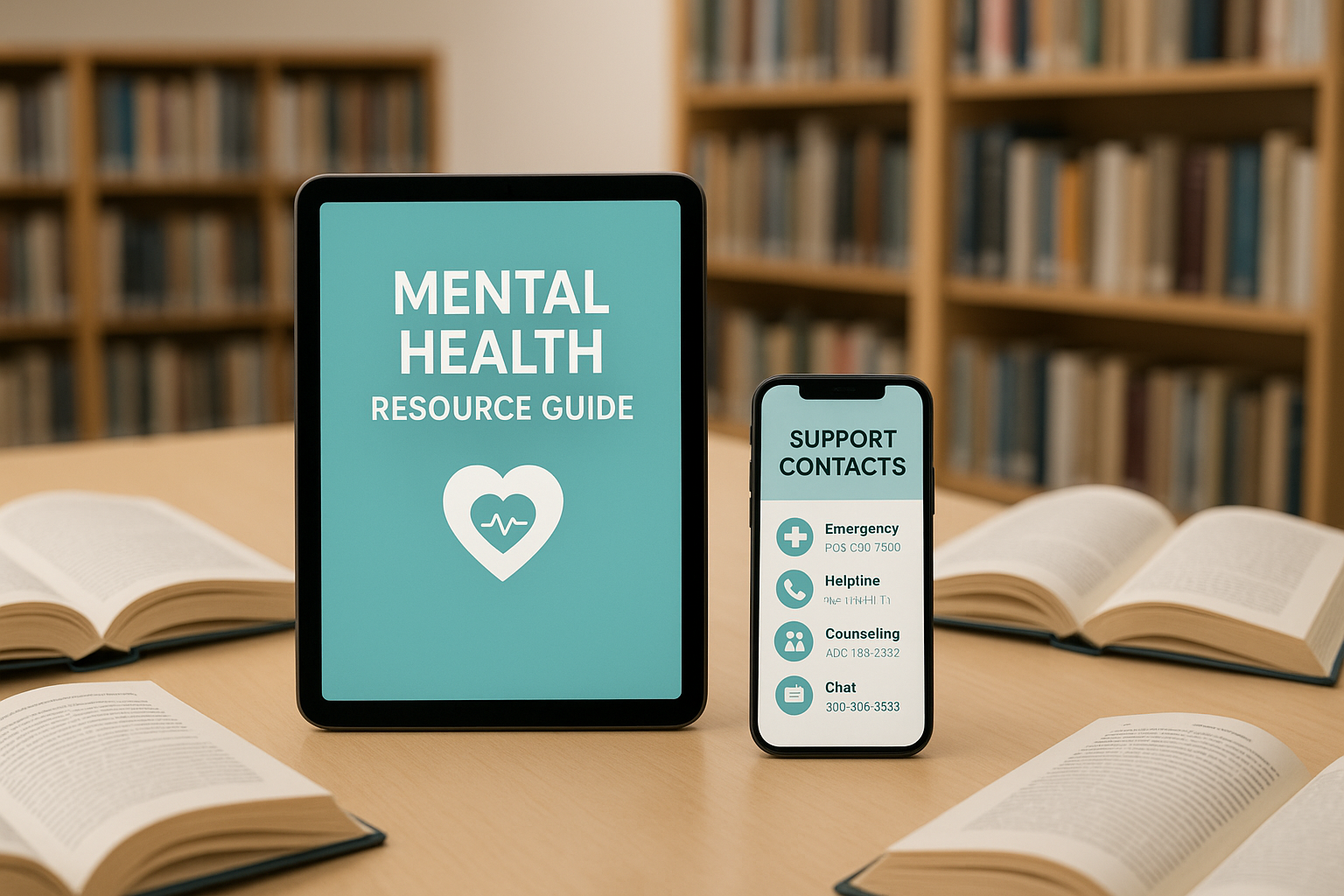Master Navigating Mental Health Resources Unlock Life-Changing Support
Unlock life-changing support by mastering the navigation of mental health resources, where you can browse options, search options, and visit websites to find the best support tailored to your needs.

Understanding Mental Health Resources
Mental health resources are a crucial component of overall well-being, offering support, guidance, and treatment for individuals facing mental health challenges. These resources include a wide array of services such as therapy, counseling, support groups, and helplines, which are designed to provide assistance and improve mental health outcomes. Navigating these resources effectively can significantly impact one's quality of life, providing the necessary tools and support to manage mental health conditions.
Types of Mental Health Resources
The landscape of mental health resources is diverse, catering to various needs and preferences. Key types include:
- Therapy and Counseling: Professional therapists and counselors offer individualized sessions to address mental health issues, helping individuals develop coping strategies and gain insights into their conditions.
- Support Groups: These groups provide a platform for individuals to share experiences and support each other, fostering a sense of community and understanding.
- Helplines: Available 24/7, helplines offer immediate support and guidance for those in crisis or needing someone to talk to.
- Online Resources: Websites and apps offer self-guided tools and information, allowing individuals to explore mental health topics at their own pace.
Financial Considerations
Accessing mental health resources can vary in cost, depending on the type of service and provider. Therapy sessions, for instance, can range from $60 to $150 per hour, though many therapists offer sliding scale fees based on income1. Additionally, insurance may cover some or all of the costs associated with therapy and counseling, making it essential to check with your provider for specific benefits. Online therapy platforms often offer subscription models, providing more affordable options for ongoing support2.
Real-World Impact of Effective Navigation
Successfully navigating mental health resources can lead to significant improvements in mental health and overall quality of life. For example, individuals who engage in regular therapy often report reduced symptoms of depression and anxiety, improved relationships, and a better understanding of their mental health3. Furthermore, support groups provide invaluable peer support, reducing feelings of isolation and fostering resilience4.
Exploring Specialized Options
For those seeking specific solutions, numerous specialized services are available. For instance, cognitive-behavioral therapy (CBT) focuses on changing negative thought patterns, while dialectical behavior therapy (DBT) is effective for emotional regulation. Additionally, teletherapy has become increasingly popular, offering the convenience of virtual sessions that can be accessed from anywhere5.
By exploring these options and utilizing the wealth of resources available, individuals can tailor their mental health journey to their unique needs, unlocking transformative support that can lead to lasting change. Remember, the journey to mental wellness is personal, and finding the right resources is a crucial step toward achieving a healthier, more fulfilling life.